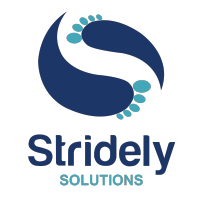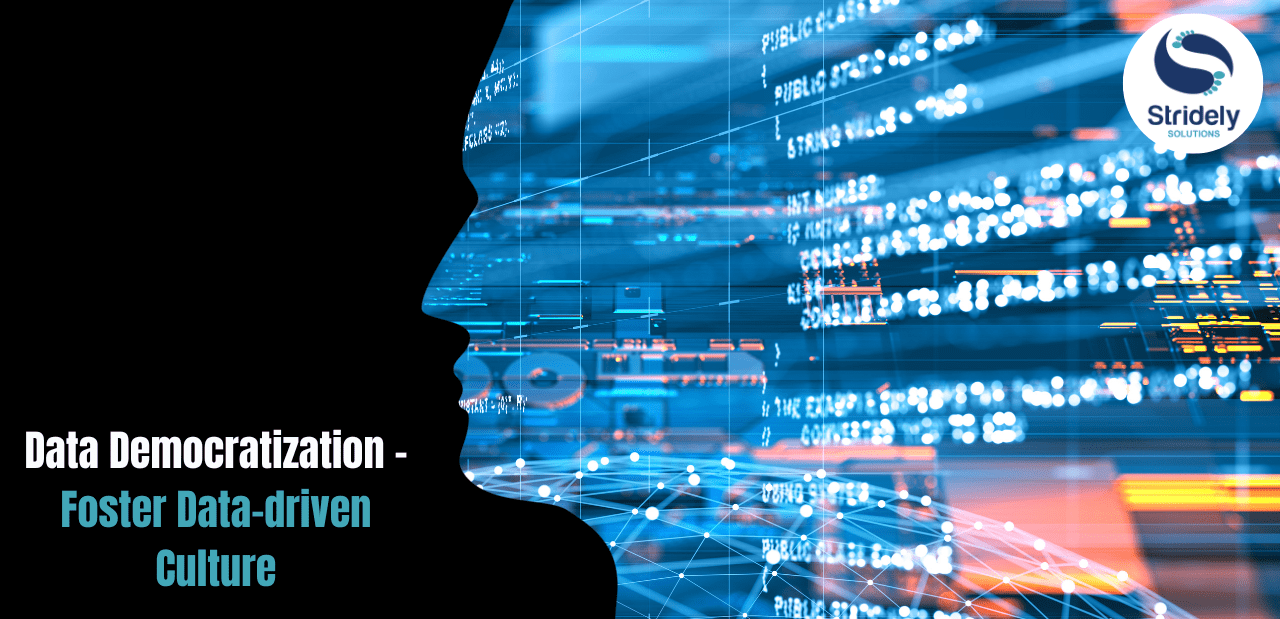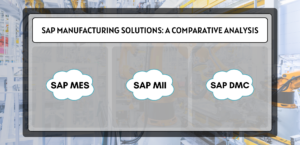Data Democratization – Foster Data-Driven Culture at Your Organization
Organizations amass an obscene amount of data daily. Yet, a significant portion of this data remains largely untapped and unused.
Research from Forrester suggests that 60 to 73 percent of all data within an enterprise goes unused for analytics. That’s a lot of data that translates to unrealized value.
Traditionally, the job of making sense of this data fell on IT teams, but many organizations still consider data analytics a responsibility of IT.
But times are changing. More and more, successful businesses are realizing that everyone in the organization should have a hand in understanding and using data—that’s what we call data democratization.
A data democratization strategy is a plan to make valuable data easily accessible and understandable to everyone in a company, not just the experts. This way, it turns all that unused data into useful information, which can lead to new opportunities for growth and innovation.
If you want your organization to stay ahead, it’s time to get on board with data democratization. It’s about giving everyone the tools and the freedom to use data to make better decisions and drive the business forward.
How Data Democratization works?
Let’s paint a familiar picture:
In your organization, accessing specific information beyond routine reports often involves submitting a request to the IT department.
For instance, if a sales manager needed a mid-month update on sales revenue, they’d have to wait for IT to generate and deliver the report. This reliance on IT creates a bottleneck, delaying decision-making and hindering agility in responding to market changes.
Learn More – Operational Data Provisioning – Fully-Explained
Data democratization steps in to break this cycle:
This approach revolutionizes the way data is accessed and utilized within an organization. Instead of being confined to specialized IT channels, data becomes accessible to everyone—from creators to analysts, and even external agencies—regardless of their technical prowess or job role.
In this setup, data ownership and accountability are distributed across the organization. Everyone has the power to contribute and access information, albeit within established safeguards set by IT.
However, transitioning to a self-service model for data and analytics isn’t an overnight shift. It requires careful planning and implementation.
Is Your Enterprise Ready for Data Democratization?
Implementing data democratization isn’t just a one-time task; it’s an ongoing process that requires constant monitoring and promotion to extract maximum value for the organization. For established businesses, embracing data democratization creates organizational agility and empowers data-driven decision-making.
However, embarking on the journey to unlock the potential of enterprise data often necessitates a cultural shift—one that hinges on the readiness of your employees:
You should check the below indicators to consider:
- Organizational Culture: Does your company foster a culture of openness, collaboration, and data-driven decision-making?
- Data Literacy: Are your employees equipped with the necessary skills and knowledge to effectively work with data?
- Accessibility and Infrastructure: Do you have the infrastructure in place to support widespread access to data?
- Governance and Security: Have you established robust data governance policies and security measures? While democratizing data empowers users, it’s crucial to maintain control over data quality, integrity, and security.
Your organization might match all the indicators, but governance & security are the most crucial indicators before moving to Data Democratization.
Data Governance Before Data Democratization
Before diving into data democratization, it’s imperative to prioritize data governance. Providing unrestricted access to data without first establishing a robust governance framework can have dire consequences for a business. Without proper governance:
- Risk of Poor Decision-Making
- Compliance Concerns
To avoid these pitfalls, organizations must ensure that key elements of their data governance strategy are firmly in place:
- Data Security: Implement policies and protocols to safeguard data from both internal and external threats
- Data Privacy: Establish clear guidelines for how enterprise data is collected, shared, and used.
- Data Quality: Implement data quality management practices to address issues such as data duplication, inconsistency, and incompleteness.
Learn More – Data Science – Everything That One Should Know About This Cutting-edge Technology
Tools to democratize data
Data democratization tools enable the access of data by anyone in the organization, regardless of their role or technical knowledge, to make data-informed decisions. This pivotal capability eradicates gatekeepers and the bottlenecks they cause within the company. The following are the tools:
- Informatica
- SAP Data Intelligence
- Oracle Cloud Infrastructure Data Catalog
- Azure Data Catalog
- Qlik Data Catalyst
Benefits of Data Democratization
We have already talked about why data is a game-changer for data-driven businesses. It creates a data-driven culture, and some of the most notable multifaceted benefits include the-
- Informed decision-making at all levels.
- No department silos
- Data-backed innovation and experimentation.
- Improvements in data quality and accuracy
- Improved collaboration across teams
- Greater sense of employee ownership, engagement, and intrinsic motivation
-
Also, you can achieve benefits in various business functions:
- Marketing: Launch more effective campaigns and optimize strategies based on real-time insights.
- Sales: Identify high-value prospects, close deals faster, and drive revenue growth.
- Customer Support: Improve customer retention and satisfaction by addressing issues proactively.
- Product Development: Enhance product features and offerings based on usage data and customer feedback.
Challenges in Data Democratization:
It’s not all smooth sailing in democratized data, this environment presents several challenges that organizations must address to ensure a smooth and rewarding journey. Here are the key challenges and strategies to overcome them:
- Data Security Concerns:
As data accessibility increases, so do security risks such as unauthorized access and breaches. Implementing robust security measures is essential to safeguard sensitive data.
Solution:
- Utilize role-based access controls to restrict data access based on job roles.
- Conduct regular audits and monitoring to detect and prevent unauthorized activities.
- Implement data encryption for both stored and transferred data to enhance security.
- Potential Misinterpretation of Data:
With diverse users interacting with data, there’s a risk of misinterpretation, leading to incorrect decision-making. Ensuring data clarity and understanding is crucial.
Solution:
- Create a standardized data dictionary to define terms and metrics uniformly.
- Provide data literacy training to enhance users’ understanding and interpretation of data.
- Foster open communication channels to encourage questions and clarifications, promoting better data interpretation.
- Overwhelming Volume of Data:
The abundance of data can overwhelm users, making it challenging to find relevant insights amidst the noise. Simplifying data access and visualization is key.
Solution:
- Utilize data visualization tools to convert complex data into easily digestible visuals.
- Organize data hierarchically based on relevance and importance to streamline access.
- Design intuitive dashboards that highlight essential metrics and facilitate easy navigation.
Learn More – Your Modern Data warehouse for Elevated Needs – Know about SAP BW/4HANA
A look ahead
In conclusion, data democratization represents a significant paradigm shift in the business landscape, revolutionizing how organizations leverage data for decision-making and innovation. Across industries, from healthcare to retail, data democratization is driving unprecedented opportunities for growth and transformation.
At Stridely Solutions, we’re equipped to guide your organization through the process. With our tailored services and implementation checklist, we’ll help you unlock the full potential of democratized data.
Ready to transform your business? Contact us today and let’s embark on this journey together.






